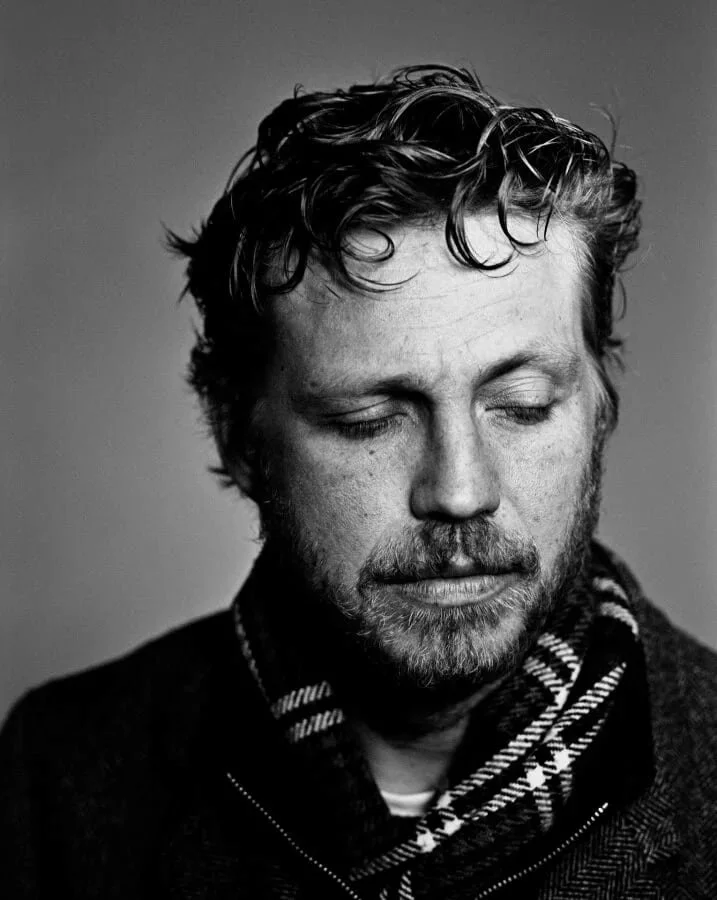Have you lost your zest for life?
Have you lost the energy or desire to do the things you usually enjoy?
Are you feeling irritable and grouchy?
Do you feel deep sadness?
Are you crying more than usual?
Are you feeling emotionally numb or shut down?
These are just a few signs of depression. When experiencing depression symptoms, it’s miserable! You may also feel hopeless, flat, or empty inside. You miss waking up with a sense of purpose or meaning to your day. Instead, you may sit alone day after day. Remaining in your bedroom for so long begins to feel like a dark cave with no exit sign showing the way out. Loneliness kicks in, you retreat away from others and clinical depression worsens. When you step out of your personal space, others start to sense your deep sadness and emotional pain. And as a result, it can feel shameful or even embarrassing sometimes because it causes others to wonder what is “wrong” with you? It is not uncommon at this step to stop and realize you are not acting like yourself. You feel lost, trapped inside of a dark hole and not know how to find your way back to the person you like and know yourself to be. Your zest is gone.
By this time you yearn to find that person you know and like yourself to be without feeling like it is such an effort. You want to find your sense of enjoyment in life again so you can return to doing what you love, and what gives you pleasure, meaning, and purpose.
Most people facing depression do not feel like themselves
Encountering dark thoughts and profound deep sadness can be disturbing. Especially when the experience is so foreign to how you are accustomed to living with yourself. The longer you live in that dark hole, it is not uncommon for further psychological suffering to build up inside of you. You don’t know how to be yourself because you feel hopeless and unable to get yourself out of that dark place on your own. Furthermore, you either struggle to explain to your loved ones what you are experiencing. They simply do not get it or they can’t tolerate your mood and don’t understand why you can’t just snap out of it and do something to make yourself feel better again. You do not feel connected to yourself or your emotions. And your relationships with close friends and family is seriously hurting. Layers of emotional pain are added to the already existing depression symptoms.
The good news is there is hope! Living with depression is NOT a life sentence. You can recover from depression symptoms, heal from the other issues that you have experienced as a result of the depression, come into yourself again, and live a fulfilling and meaningful. The American Psychological Association reports that “psychotherapy is an effective treatment that may have an enduring effect that protects against symptoms returning even after treatment is ended.” With the right therapist, you can get back on track again.
Depression treatment can help to improve your mood
Getting back on track can feel daunting if you have been suffering from clinical depression for a long time. So how can psychotherapy help and what is my process if you decide to meet with me? First, I strive to create a safe space so you feel comfortable to share your story while listening intently. To begin building rapport, I pose thoughtful questions to understand your experience with depression such as;
What it has been like to live with depression?
When do you think it first began in your life?
How have you attempted to manage it over the years?
How is it affecting you currently?
What is bringing you to therapy at this time?
These questions help to clarify your specific needs for depression treatment and what general underlying issues are involved in the development and continued existence of depression symptoms. This sets the stage to begin the process of therapy involving two parts; exploring the underlying issues that triggers depression symptoms, and developing coping skills to manage them.
When exploring deeply, I ask questions to encourage thoughtful consideration about your experience with depression. Hopefully, you will think about past events that you feel played a part in the rise of the depression in ways you have not thought about before. As a depth psychologist, taking a deeper exploration into the roots of depression more specifically includes;
-Addressing past traumas or losses in your life; this helps to uncover relationships, or life events that marked you significantly leaving traces of deep emotional pain. This original pain left unresolved for so long may have been the catalyst for the depression in the first place. So, we explore and talk further.
-Analyzing dreams; sometimes life experiences are too difficult to tolerate in your conscious life. So, we unintentionally place the emotional pain into our unconscious. The un-resolved grief of emotional pain can play out in your dreams. When certain images show up in your dreams that grabs your attention, sometimes exploring these images in therapy in efforts to help you make sense of them can lead to an opening at the conscious level that helps you to begin understanding the reasoning for your depression and possible thoughts as to what to do to alleviate it.
Eventually the kinds of coping mechanisms needed to live more effectively with depression will become more apparent as the understanding of the roots of it make sense to you. This part of the therapy involves use of cognitive behavioral therapy. This means in general to help you become more aware of how your behavior, thoughts and feelings play a part in the depression you experience. Taking new actions, and thinking new thoughts directly affects how you feel. Creating new behaviors and thoughts that changes your feelings, is the very essence of starting to develop new coping mechanisms to live effectively with depression.
Overall, my intention is to help you build your self-confidence so you can effectively manage future depression. When successful exploration into the underlying issues invites new insights, and new insights provide opportunity to develop new coping skills, your zest can return!
You may still have questions about depression treatment….
Will talking about the depression make me feel more depressed?
Psychotherapy requires courage to open up and voice the different thoughts and feelings you experienced when depressed. The goal for therapy is to feel better than when you first started. Feeling better is not a straight line from bad to good. Therapy is a non-linear process. While in therapy, your mood might fluctuate from good to bad to somewhere in the middle. This partly depends upon any new areas that might be uncovered. Throughout our work together, I will check in to see how you are feeling. If the pace seems too fast or there is an issue we discussed that feels emotionally activating or overwhelming we can stop and pay attention to that before moving on. You are in charge of how fast you want to go and what topics you want to address. The degree to which you want to learn about yourself and how to best manage depression depends upon you. How committed and determined are you to your own self growth?
If I open up about thoughts or feelings I have never shared before what will you think? Will you have to share it with my loved ones?
It is a big deal to share your experiences with depression especially after you may have felt misunderstood or not tolerated by loved ones. I hold no judgment or expectation regarding what you are “supposed” to share or “supposed” to work on. Your psyche will naturally set the pace meaning that what you bring up to talk about is what you feel ready to address. In time, you will go deeper and explore further only if you feel comfortable to do so. I will think nothing negative about you. Instead, I merely hold hope that you eventually reach the answers you seek to find to facilitate change in your life and how you manage depression. No one in your life needs to know what you share in therapy unless you want to talk with them about it.
How long is this going to take? Do I really have the time for all of this?
Therapy will take as long as it takes for you to find the answers you need. The length of time is less important as opposed to the quality of help you feel like you are receiving. As long as you feel like you are getting something from it, you will probably find yourself coming back. As long as you remain patient, open and curious about your own process, the journey to discovering new insights will reveal themselves in time. You deserve to feel good about yourself and your life – so why wouldn’t you spend the time to make this happen?
You can feel better in time
The good news is that professional help for treating depression is out there and feeling better is a possibility with your commitment and devotion to getting better. If you are ready to get started, I invite you to contact me. We can have a free consultation in my office for 15 to 30 minutes to further discuss your needs. I invite you to contact me at 520-365-0058.
Depression Treatment in Tucson
6885 N Oracle Rd
Tucson, AZ 85704








